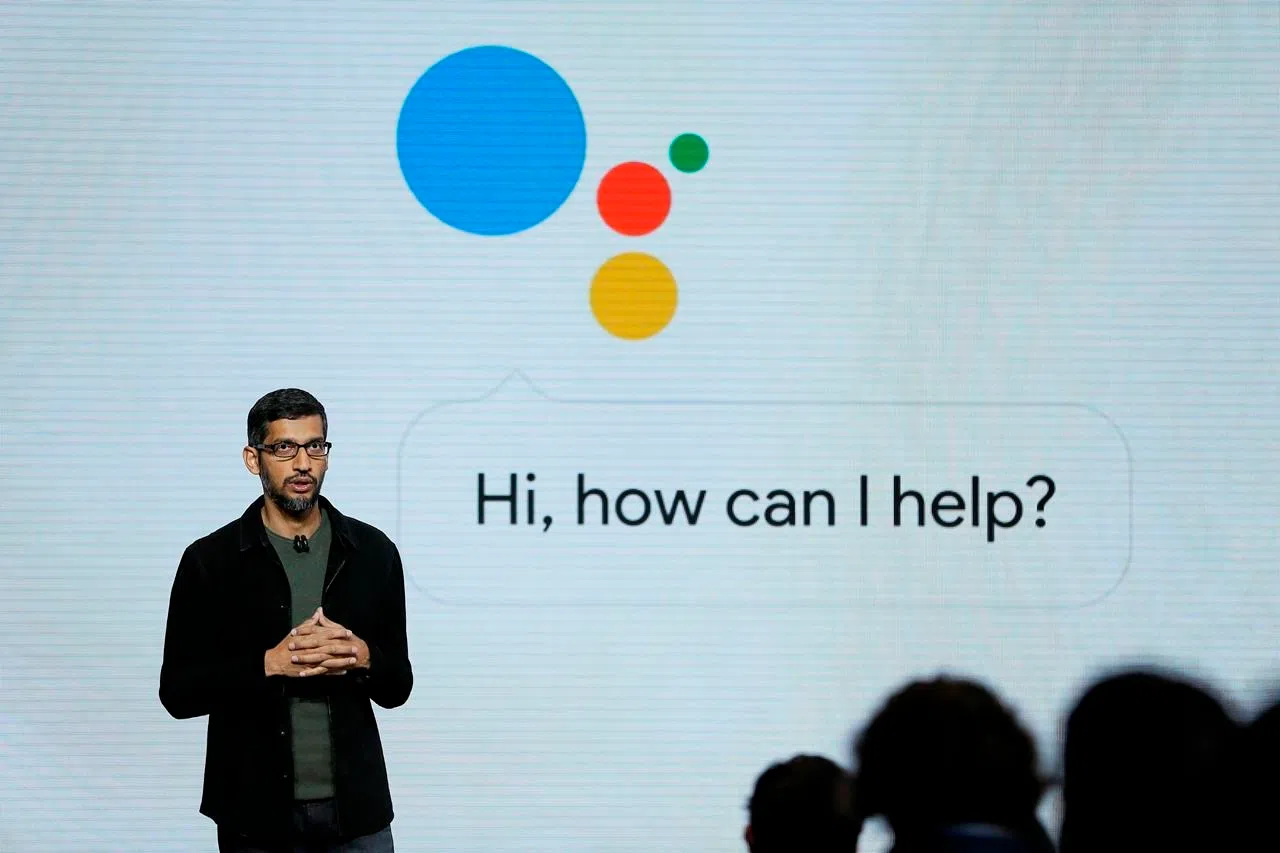
Google showcases AI advances at its big conference
MOUNTAIN VIEW, Calif. — Google put the spotlight on its artificial intelligence smarts at its annual developers conference Tuesday, where it announced new features and services imbued with machine learning.
The company’s digital concierge, known only as the Google Assistant, is gaining new — if experimental — abilities to handle tasks such as making restaurant reservations and placing other tedious phone calls without human hand-holding.
“Hi, I’m calling to book a hair appointment for a client,” said a realistic-sounding automated voice in a demo from the conference stage. The AI voice used pauses and “ums” and “mmm-hmms” to sound more human during interactions with people.
The company said it is rolling out the technology, called Google Duplex, as an experiment in coming weeks.


